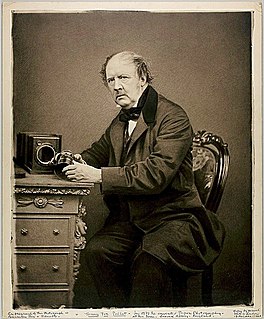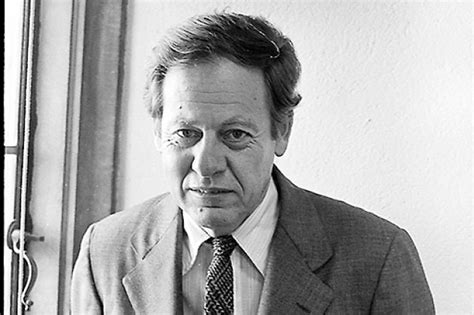A Quote by Ravi Zacharias
Truth is that which affirms propositionally the nature of reality as it is.
Related Quotes
Truth should be the first lesson of the child and the last aspiration of manhood; for it has been well said that the inquiry of truth, which is the love-making of it, the knowledge of truth, which is the presence of it, and the belief of truth, which is the enjoying of it, is the sovereign good of human nature.
This is not remarkable, for, as we know, reality is not a function of the event as event, but of the relationship of that event to past, and future, events. We seem here to have a paradox: that the reality of an event, which is not real in itself, arises from the other events which, likewise, in themselves are not real. But this only affirms what we must affirm: that direction is all. And only as we realize this do we live, for our own identity is dependent upon this principal.
Then may we not fairly plead in reply that our true lover of knowledge naturally strives for truth, and is not content with common opinion, but soars with undimmed and unwearied passion till he grasps the essential nature of things with the mental faculty fitted to do so, that is, with the faculty which is akin to reality, and which approaches and unites with it, and begets intelligence and truth as children, and is only released from travail when it has thus reached knowledge and true life and satisfaction?
Hegel understood the Heisenbergian reality of knowing: yes, it would be nice if we could somehow delicately capture the truth and bring it closer to ourselves without altering it, "like a bird caught with a limestick." But the reality is, every truth we manage to know is altered, deformed by our very "encheiresis naturae," by the act of our taking-in-hand of nature (to borrow the alchemists' phrase from Goethe's Faust).
Art breaks open a dimension inaccessible to other experience, a dimension in which human beings, nature, and things no longer stand under the law of the established reality principle...The encounter with the truth of art happens in the estranging language and images which make perceptible, visible, and audible that which is no longer, or not yet, perceived, said, and heard in everyday life.
The truth... When they have a similar structure to and are organized in as truthful a way as nature. When I look out of the window, then truth for me is the way nature shows itself in its various tones, colours and proportions. That's a truth and has its own correctness. This little slice of nature, and in fact any given piece of nature, represents to me an ongoing challenge, and is a model for my paintings.
Reality became for me a problem after my experience with LSD. Before, I had believed there was only one reality, the reality of everyday life. Just one true reality and the rest was imagination and was not real. But under the influence of LSD, I entered into realities which were as real and even more real than the one of everyday. And I thought about the nature of reality and I got some deeper insights.



































